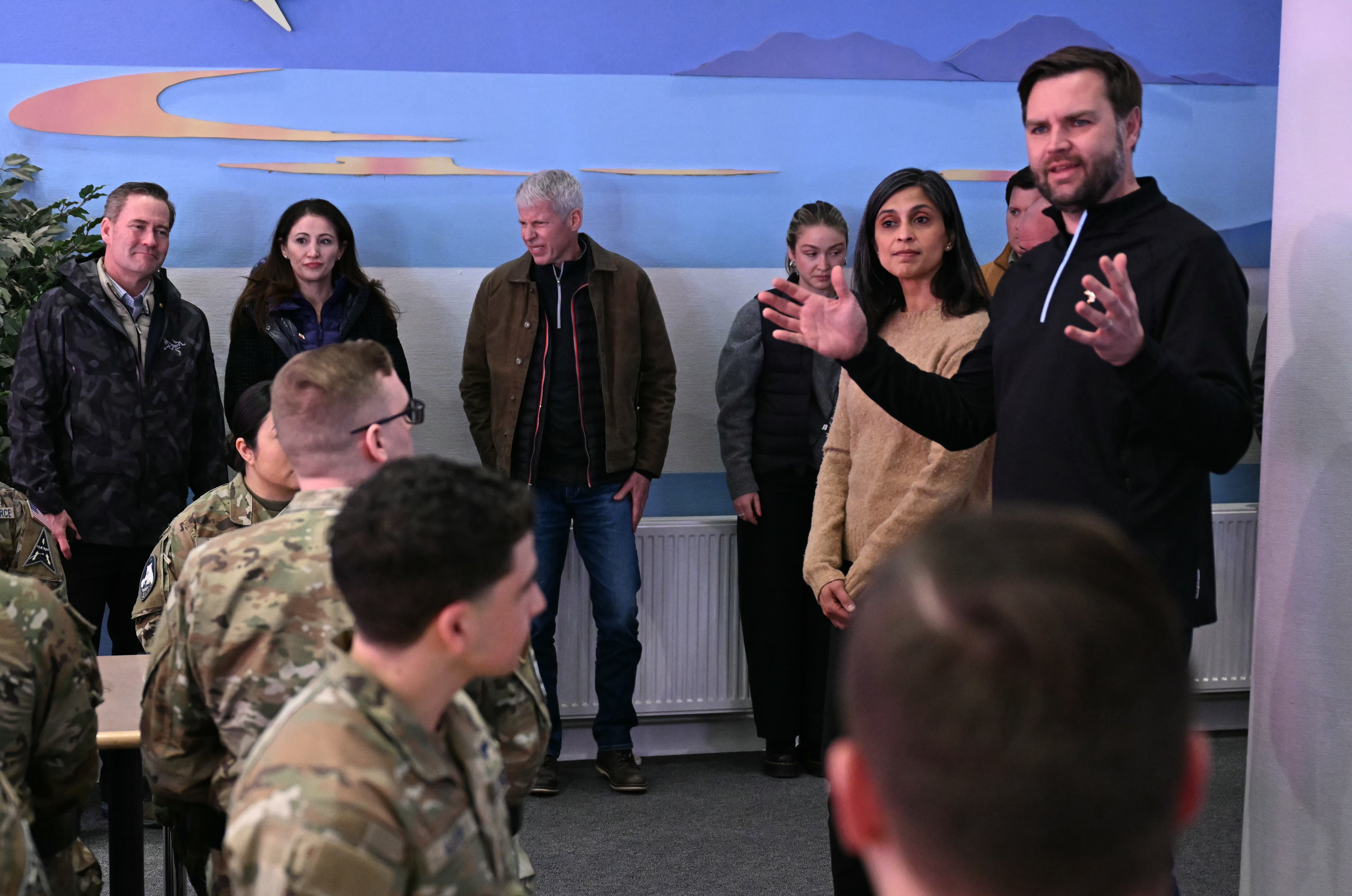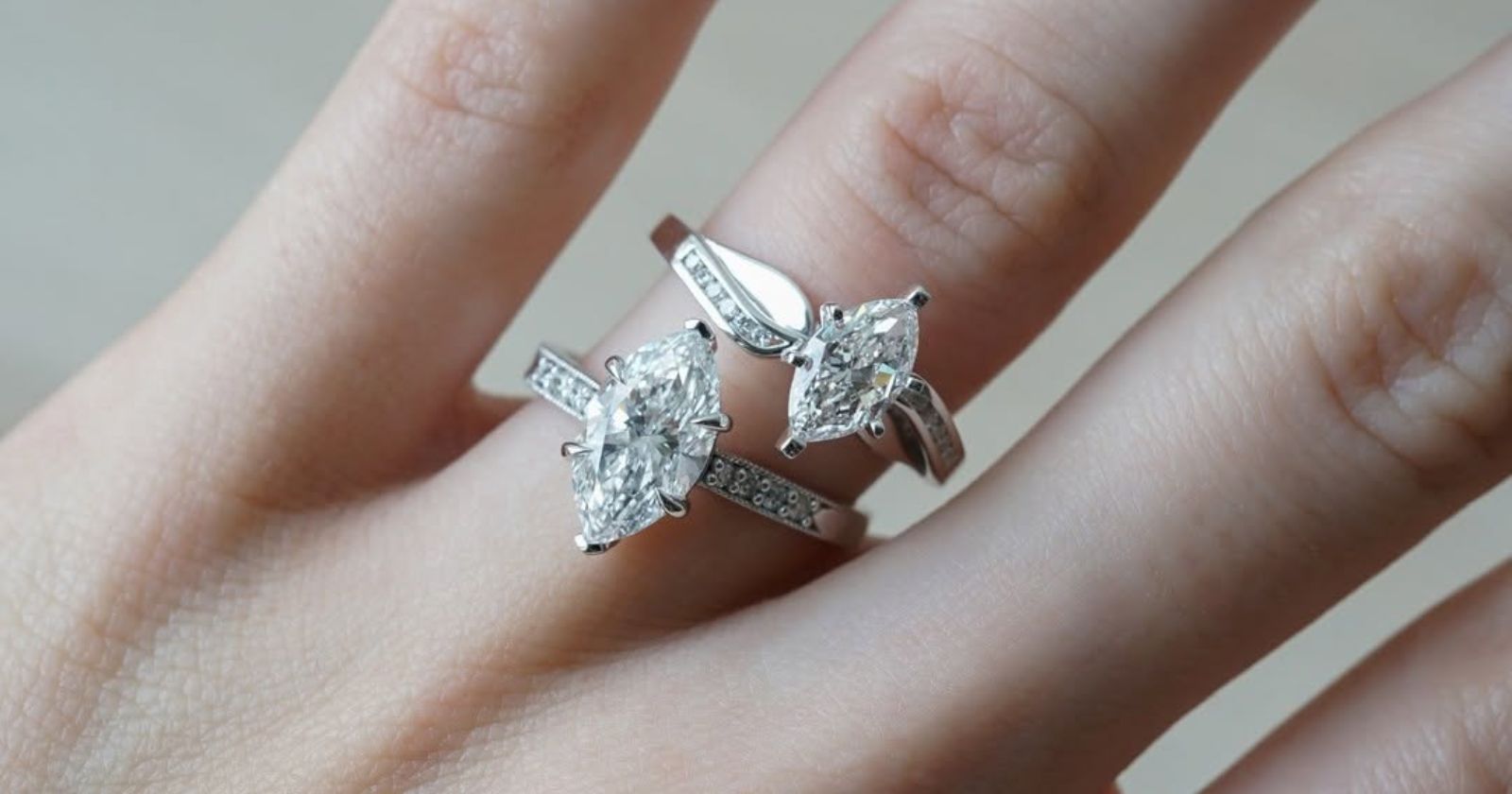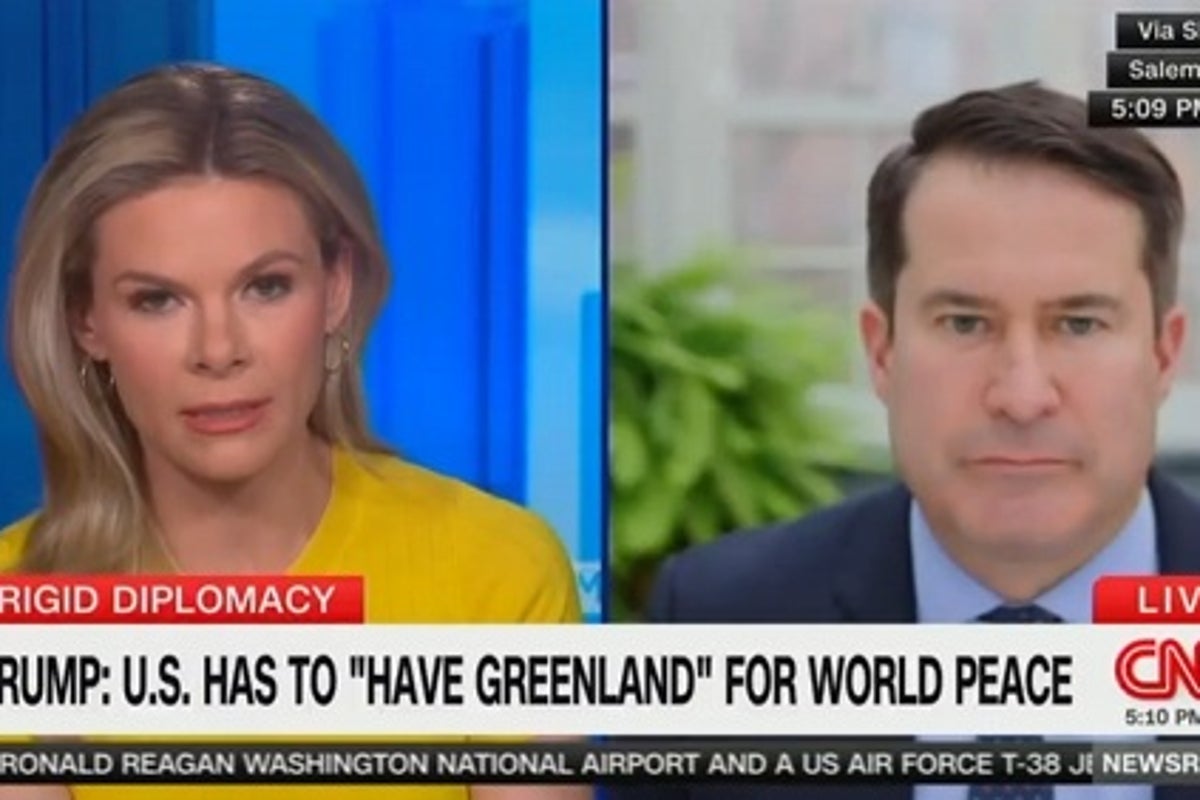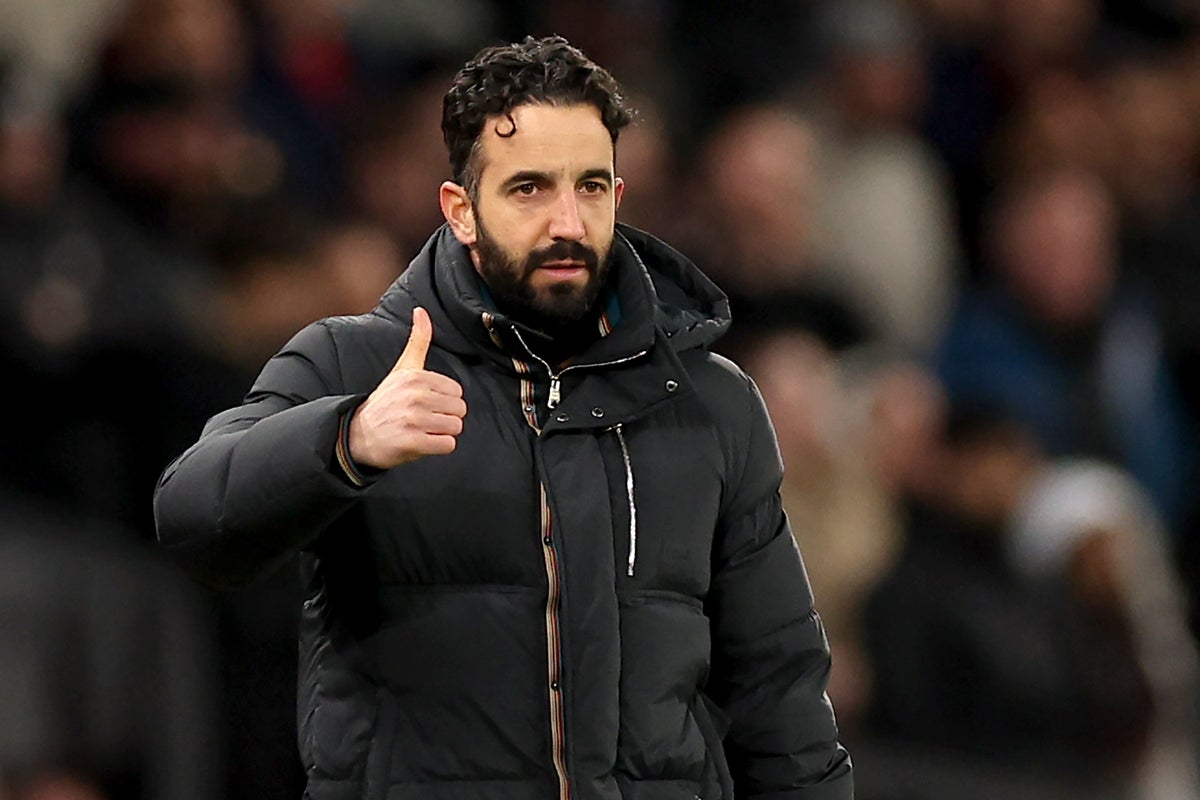As the White House continues to make clear Donald Trump’s territorial ambitions over Greenland, one Democrat is wondering just how much of the globe could be on the president’s agenda.
Seth Moulton, a congressman from Massachusetts and member of the Armed Services committee in the House, questioned whether Trump’s stated national security concerns justifying his calls for Greenland to be annexed by the United States would be taken further — even as he conceded that there were legitimate concerns about the presence of Russian forces in the Arctic.
He spoke with CNN’s Jessica Dean, and quipped that Donald Trump could apply the rationale of seeking to constrain Russian forces to justify territorial claims around the world.
“If Trump is so concerned about Russia and China, then does he want to take over Poland, because they border Russia? Does he want to take over India, because they border China? Does he want to take over Mongolia, kind of in between the two?” the congressman asked.
Poland shares a 144-mile border with the Russian exclave of Kaliningrad.
Moulton went to state that concerns about Russia’s presence in the Arctic were valid — but necessitated careful diplomacy and cooperation with NATO allies, not land grabs.
“This is just absurd,” he said. “That’s not how the United States operates. It’s a dumb way to conduct foreign policy.”

Trump’s sudden turn towards direct overtures (or threats) aimed at expanding the US’s borders over Canada and Greenland have shocked diplomats and leaders around the world, while provoking defiant and angry responses from Canada in particular. The past several weeks have seen a rapid erosion of US-Canadian relations, with Canadians openly booing the US anthem at sports games and a range of Canadian politicians issuing fiery condemnations of the US president.
Trump’s comments about Greenland in particular have alarmed leaders both in North America and Europe, as the president has repeatedly left open the possibility that the US would consider using military force to achieve an occupation of Greenland. The territory, populated by just over 56,000 people, is part of the kingdom of Denmark — a NATO ally, which Trump officials including JD Vance have denigrated as part of the US “pitch” to Greenland’s government.
Vance repeated the assertion that Denmark was an unreliable ally during his visit to the territory this past week — a visit which was greatly scaled back when it became clear that the American vice president was unwelcome outside of a US military base on the island.

US trade policy has further strained those relations. Canada and the US have put tariffs on billions of dollars’ worth of goods as the two close trading partners war over the president’s new protectionist stance. The Trump administration blames Canada for allowing fentanyl and illegal migrants through the US’s northern border, and the president has also frequently accused Canada of imposing a trade deficit on its neighbor.
Canada remains the US’s largest export partner and second-largest overall trade partner. Critics of the president’s policy argue that restrictions on US trade will hurt a wide range of industries across the country in the short term, including agriculture and automakers.
The latest round of US tariffs on imports from Canada targeted automobile imports, imposing a flat 25 percent duty on assembled vehicles from Canada, as well as some auto parts including engines and electrical components.
White House officials have promised that the imposition of tariffs on auto imports will encourage US companies to boost domestic production, supposedly breathing life into the US manufacturing sector. An analysis by TD Economics in January found that US companies would need to make a roughly $50bn investment to fully match the production of vehicles in Canada which are sold in the US.
The alternative scenario is already playing out as car dealerships around the country have begun major price hikes on imported vehicles. The president says he’s unconcerned.
“I couldn’t care less if they raise prices, because people are going to start buying American cars,” he told NBC’s Kristen Welker in an interview on Saturday.



